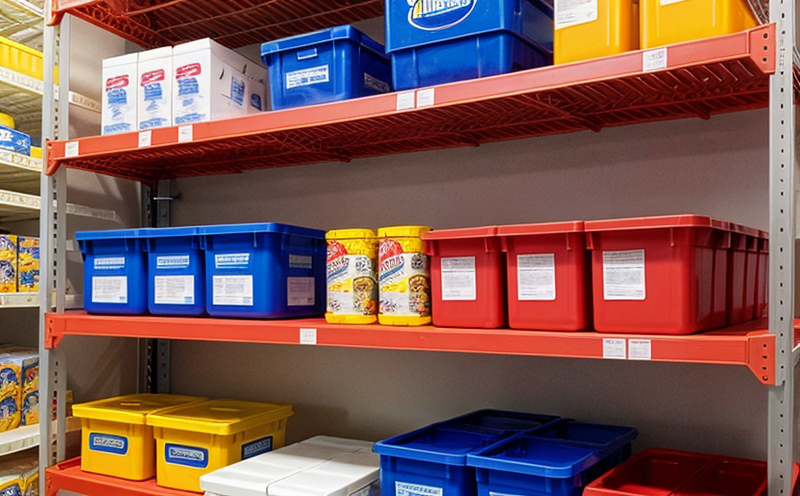ISO 23679 Accelerated Storage Studies in Snack Products
The ISO 23679 standard provides a framework for conducting accelerated storage studies to assess the shelf life and stability of snack products. This service is crucial for quality managers, compliance officers, R&D engineers, and procurement teams who need reliable data on how different environmental conditions affect product integrity.
Shelf life testing in snack products involves simulating real-world storage conditions over a short period under controlled temperature and humidity levels that are higher than normal to expedite the aging process. This helps manufacturers understand potential issues early in development, allowing for necessary adjustments before full-scale production begins.
The ISO 23679 standard outlines specific protocols designed to minimize bias while ensuring accurate results. By following these guidelines, laboratories can provide reliable data that supports decision-making processes throughout product lifecycle management.
Our team specializes in performing such tests according to the requirements outlined by ISO 23679. Using state-of-the-art equipment and experienced personnel, we ensure every test adheres strictly to international standards.
Applied Standards
Scope and Methodology
| Parameter | Description |
|---|---|
| Temperature Range | 40°C to 60°C, depending on the specific product type. |
| Humidity Levels | 75% RH to 95% RH, adjusted based on standard recommendations for each snack category. |
| Test Duration | Varies according to expected shelf life; typically ranges from several weeks to months. |
| Specimen Preparation | Involves packaging samples in their intended containers, ensuring they are representative of final products. |
The methodology includes detailed monitoring of physical and chemical changes over time. Parameters measured could include weight loss, color change, texture alteration, microbial growth, and sensory evaluation by trained panelists. All results are compared against baseline data collected before the test begins.
Benefits
- Early Detection of Quality Issues: Identifies potential problems early in development, allowing for timely corrections.
- Cost Savings: Avoids costly recalls and product rejections by addressing issues during R&D stages.
- Enhanced Customer Satisfaction: Ensures consistent quality across all batches produced.
- Regulatory Compliance: Meets regulatory requirements for food safety and quality standards.





